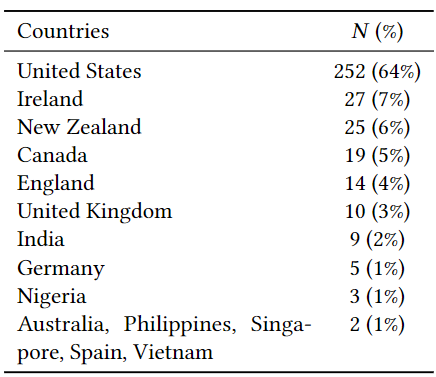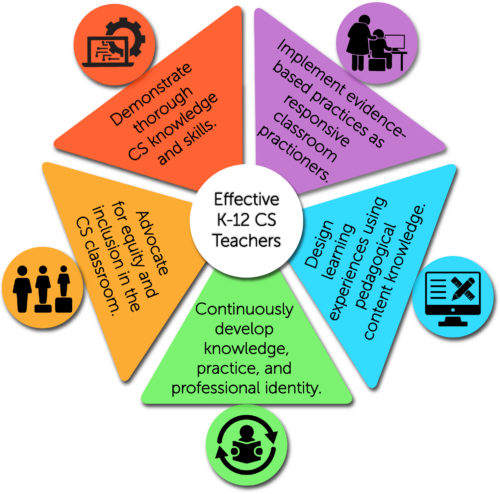Conducting High-quality Education Research in Computing (2025 SIGCSE Affiliated Event)
Join us on Wednesday, February 26, 2025, from 1-5pm EST, in Pittsburgh, Pennsylvania, United States (the day before ACM SIGCSE) for a workshop on conducting high-quality education research designed to help address disparities in computing education.
If you attended last year’s session, you are welcome to attend this session as well with four different topics. See below for more details.
This event will be for computer science education researchers who want to learn more about:
- Characteristics of high-quality education research,
- How to conduct research that meets these characteristics, and
- How to center the participants and their lived experiences throughout the research process.
The workshop will be held Wednesday, February 26, 2025, 1-5pm EST at ACM SIGCSE Technical Symposium as an affiliated event*.
Participants will learn about the guidelines and associated resources, discuss their application to current or proposed research projects, and gain a new appreciation for how to embed broad perspectives in each phase of their research. Specifically, participants will develop a broader perspective of literature reviews, ways to approach writing well-crafted abstracts, strategies for engaging with participants, and how to incorporate ethics into research. As a bonus, we’ll also dive into publication strategies, so when an article is rejected, you can reset, revise, and resubmit to other publication venues.
This interactive workshop will be geared towards those studying computing education and who want to learn more. We welcome submissions from those with any level of education research. For this particular event, graduate students will be prioritized for the limited spaces available.
This presentation is supported by a National Science Foundation grant (#2122212). Graduate students who are U.S. citizens, nationals, and permanent residents will receive a $150 stipend for participating.
Facilitators for this event will include:
- Monica McGill, Institute for Advancing Computing Education
- Sarah Heckman, North Carolina State University
- Julie Smith, Institute for Advancing Computing Education
- Jennifer Rosato, National Center for Computer Science Education
- Isabella Gransbury, North Carolina State University
This workshop is based in part on guidelines for conducting education research that were created during a 2023 ITiCSE workshop (McGill, M. M., Heckman, S., Chytas, C., Diaz, L., Liut, M., Kazakova, V., Sanusi, I. T., Shah, S. M., & Szabo, C. Conducting Sound Computing Education Research. (Working Group Report).
*This event is an in-person event only. We are aware that attending in-person is not feasible for all researchers. Therefore, we hosted an 8-part webinar September – December 2024 to accommodate those who may not be able to attend in person in 2024 or 2025.
For questions about this event, please email monica@csedresearch.org.



